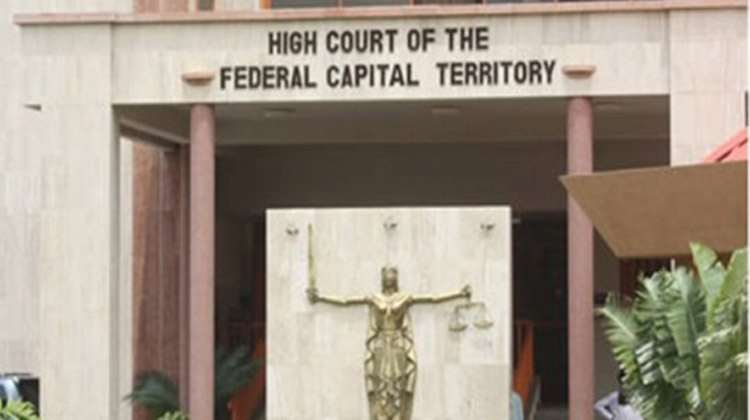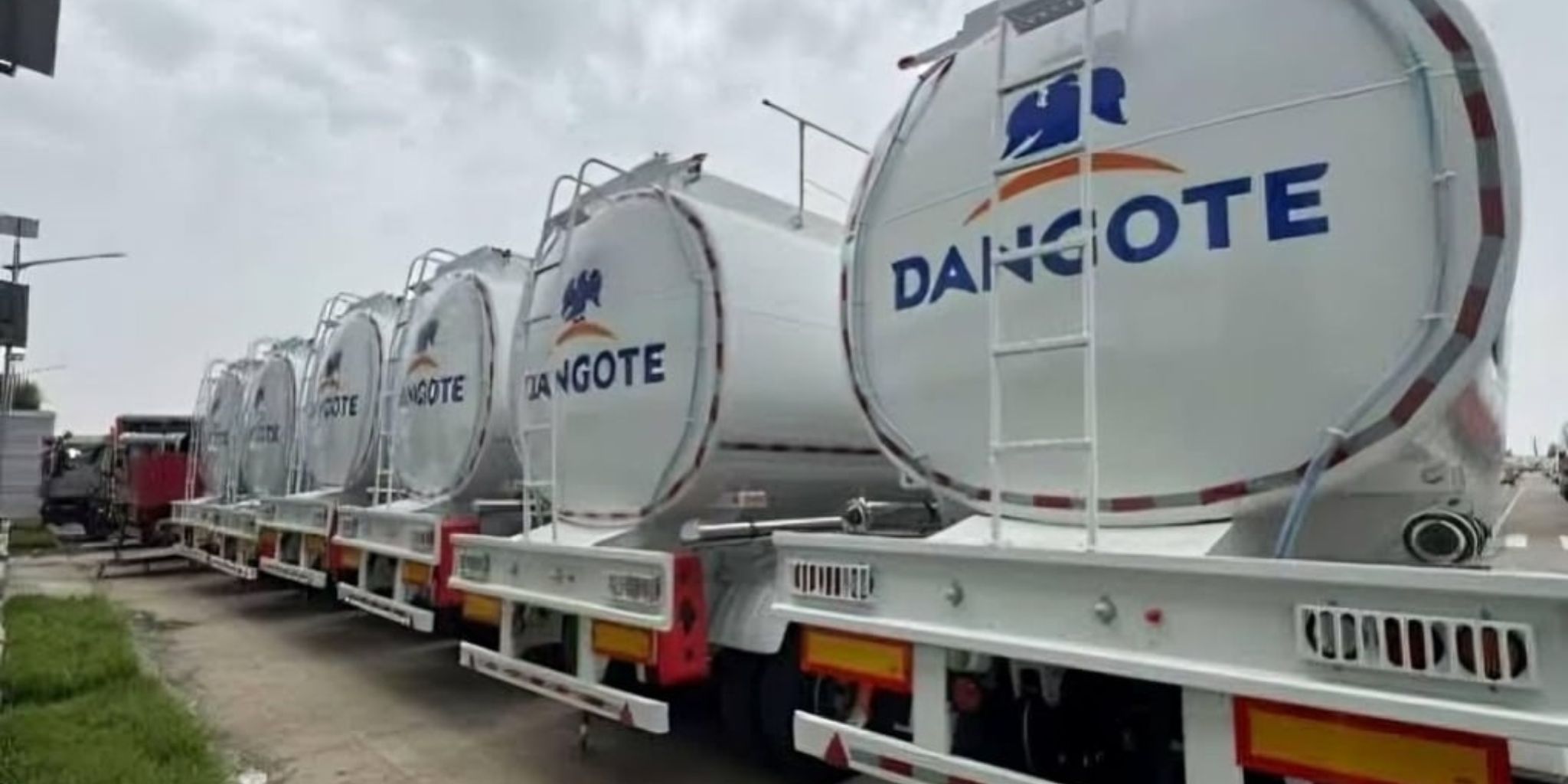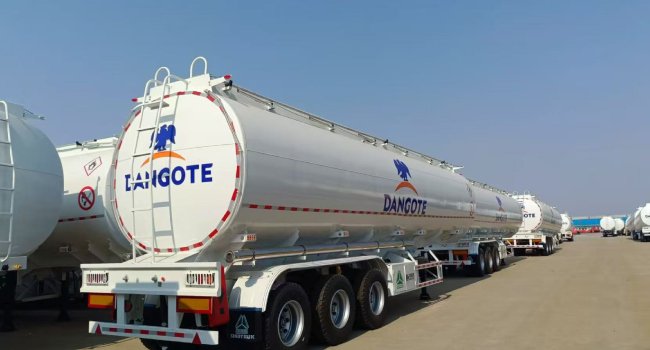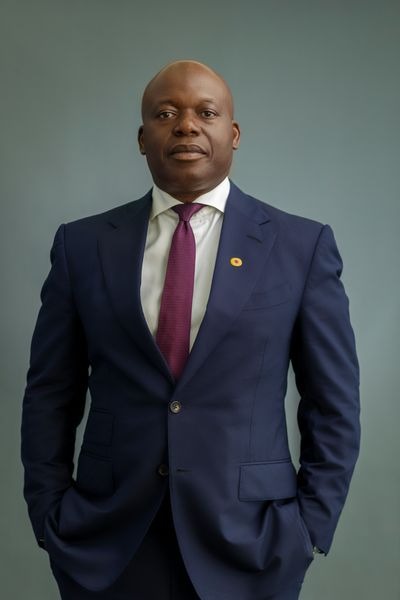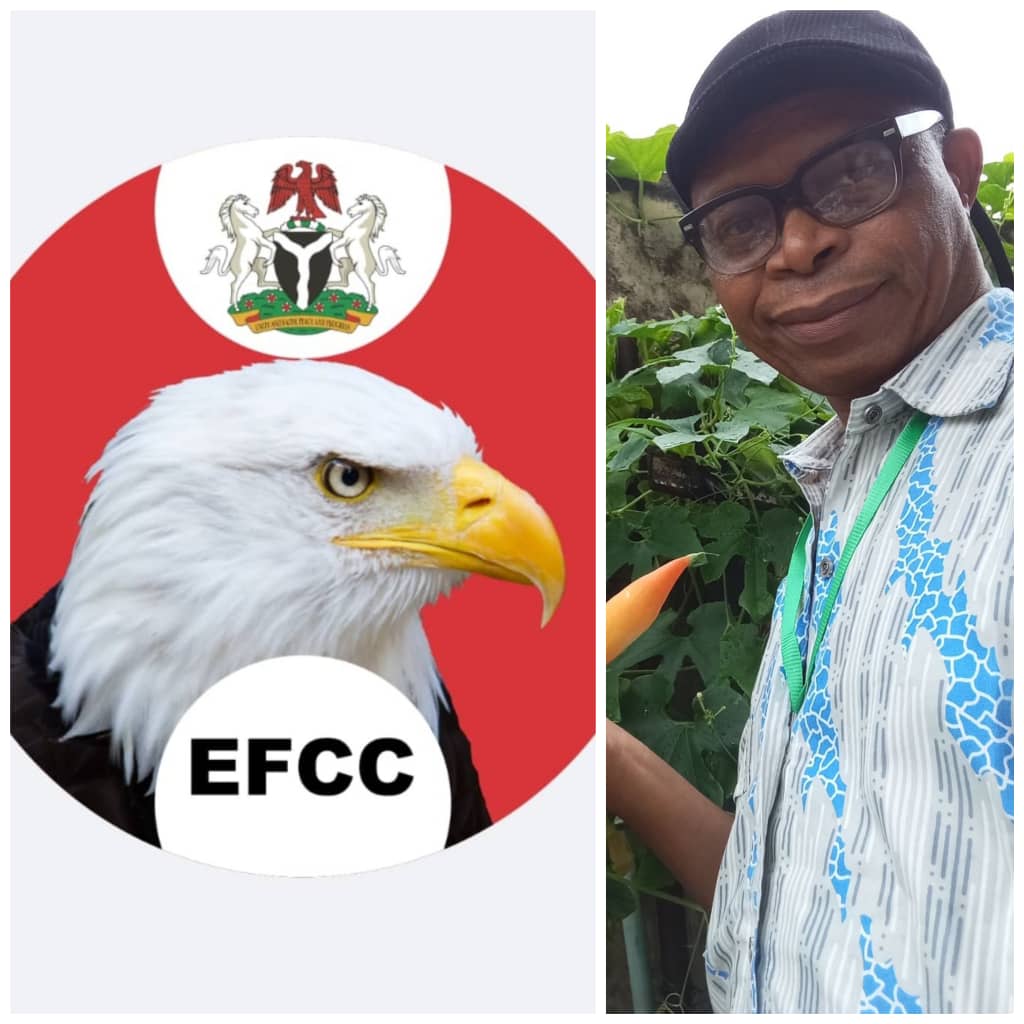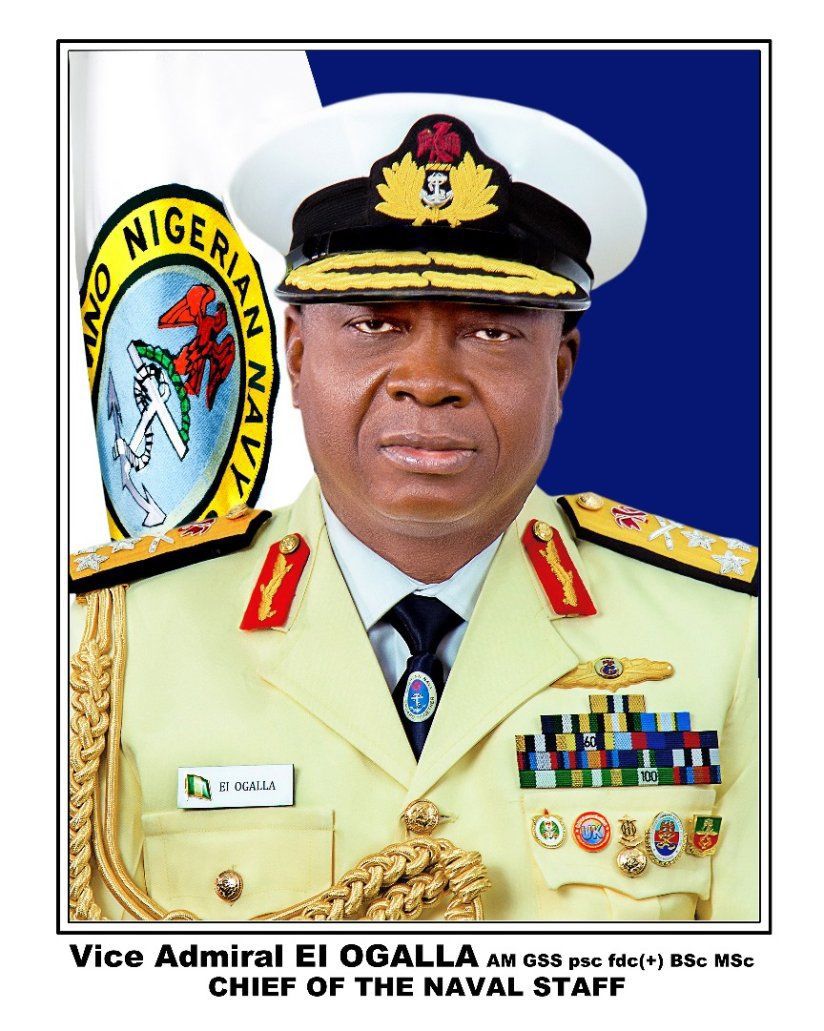Mele Kyari: Strengthening, Stabilising The Economy With Innovative Interventions

Mele Kyari, the Group Chief Executive Officer of the Nigerian National Petroleum Company Limited, affects the candour of a general and the passion of a poet as he introduces and implements several innovative interventions to maximise the effectiveness and efficiency of the corporation, increase crude oil production, guarantee energy security, get the refineries back on stream, and boost the economy, among others.
A bright ray of hope has emerged on the mottled landscape of the Nigerian economy. And it is visible to all.
Gradually, Mele Kyari, the Group Chief Executive Officer of the Nigerian National Petroleum Company Limited, who has turned excellence, dynamism, and a boots-on-the-ground leadership style into an art form, is restoring hopes in the Nigerian economy with his concatenation of ingenious and innovative interventions, which undergird the care, compassion, and concern of the government of President Bola Ahmed Tinubu for the people.
Despite the headwinds of international oil politics, home-grown challenges like insecurity, crude theft with the attendant negative effect on the revenue accruable to the nation, and pipeline vandalism among others, Kyari has managed production shortages and the country’s daily oil production rose from 1.27 million barrels in June 2024 to 1.6 million in July under the rejuvenated NNPCL.
He took further steps by rejuvenating the country’s dormant frontier basins to monetise the huge oil and gas resources therein like the Kolmani Oil Field II & III straddling Bauchi and Gombe States.
Estimated to have a reserve of one billion barrels of crude oil, the Kolmani Oil Field, OPL 809 and 810, in the Gongola Basin of the Upper Benue trough, signalled the commencement of commercial oil exploration in the North.
Concerted efforts have also been made to explore new basins including the Bida, Ogun, and Sokoto Basins. On a recent visit to Governor Dapo Abiodun of Ogun State, Kyari announced that the corporation would commence oil and gas exploration in Ogun, which he said is blessed to be in the Dahomey basin corridor with the prospect of having a huge deposit of hydrocarbons.
Also, during a recent interactive session between the joint committees of the National Assembly on Finance, Kyari, while presenting positive indicators in the energy and gas sector, stated that Nigeria will become a net exporter of petroleum when the Kaduna, Port Harcourt, and the Warri refineries revs to life. But Kyari is not done.
He said recently that the target is to increase production to two million barrels by the end of the year, which he averred would be met through the aggressive efforts being put in place by all stakeholders to tackle crude oil theft.
The GCEO reckons that the NNPCL can reach three or four million barrels per day but that some steps must be taken.
“Number one is to resolve security, which is very critical so that you can get back the confidence of investors. We have achieved that substantially, but there are still places that are supposed to be occupied; and that’s what we are working on to see that we can eliminate the security challenges we have, particularly in the Niger Delta region.”
One of the proactive strategies adopted by the NNPCL was to collaborate with security agencies and third-party security contractors while also establishing a control centre known as the Central Coordination, Data Integration, and Activation Control Room to provide surveillance of all the country’s oil and gas assets in the Niger Delta. Similar to that of Saudi Aramco, the national oil company of Saudi Arabia, the NNPC Data Control Centre uses video visibility to monitor the pipeline networks in the Niger Delta where more than 90 percent of the country’s crude is explored.
Through the Data Control Centre, the NNPC can see and monitor the movement of vessels on the coast of Nigeria’s territorial waters in real-time. While it is not yet Uhuru given how deep-rooted crude theft is in Nigeria, reports indicate that over 22 million litres of stolen crude have been recovered through intelligence provided by the Data Centre.
As at October 2023, over 22 million litres of Diesel, 0.15 million litres of Premium Motor Spirit, and 0.76 million litres of kerosene had been recovered from criminals.
Before transitioning into a limited liability company, the NNPC was infamous for its opacity. However, that changed under Kyari who introduced new standards for corporate governance by making the financial statements accessible to the public thus fostering trust and confidence among stakeholders, including the public, investors, and international partners.
The publication of the Monthly Financial and Operations Reports (MFOR), according to Kyari, underscores the corporation’s commitment to transparency, accountability, and open dialogue, which are fundamental to building public trust.
This practice, the GCEO said, “places NNPCL in a unique position globally as the only national oil company that publishes its financial and operations reports every month. Such transparency not only enhances accountability but also provides valuable insights into NNPCL’s activities, performance, and strategic direction.”
Further, Kyari enlisted the NNPC LTD with the global transparency body, Extractive Industries Transparency Initiative (EITI), a Norway-based organisation that seeks to establish global standards for the good governance of oil, gas, and mineral resources while addressing the key governance issues in the extractive sectors.
In its recent global assessment of the NNPCL, the EITI scored the corporation high for enhanced transparency and accountability standards, increased competitiveness, and concerted efforts in combating corruption in the global oil, gas, and mining sectors.
Perhaps one of the more remarkable contributions of the Kyari-led NNPCL to cushioning the impact of the fuel subsidy removal on Nigerians is taking the lead in the implementation of the Presidential Compressed Natural Gas (CNG) initiatives launched by President Tinubu to stimulate the economy, reduce carbon footprints, and provide cheaper alternative fuel to motorists.
So far, the NNPCL has deployed many gas stations across Lagos and Abuja while one of its subsidiaries, NNPC Gas Marketing Limited, has partnered with NIPCO Gas Limited to develop an Auto-CNG rollout plan for the construction of 35 CNG stations across Nigeria.
Without a scintilla of doubt, the NNPCL has made significant strides in the nation’s energy mix with the signing of the NLNG Train 7 project, which is expected to deliver over $20bn in revenue to the government and create 50,000 direct and indirect jobs.
Similarly, the NNPC entered into a turnkey Engineering, Procurement, and Construction (EPC) contract with China Machinery Engineering Corporation (CMEC) to construct the Gwagwalada Independent Power Plant project, which has been described as a game-changer in Nigeria’s power sector.
The 1,350MW Combined Cycle Power Plant with auxiliaries and Balance of Plant located on 547 hectares of land in Gwagwalada, Abuja, is expected to generate between $700m and $800m annually within the first 10 years of operations.
The project consists of three power train blocks of 450MW each. Each block will include two General Electric (GE) gas turbine generators, two heat recovery steam generators (HRSG), one steam turbine electric generator, one direct air-cooling condenser, a balance of plant equipment, and a black start diesel generator.
Gas supply to the plant will be through the Ajaokuta-Kaduna-Kano (AKK) Gas Pipeline Project currently in an advanced stage of construction.
These interventions, among many others, have not come without a fierce pushback from the beneficiaries of the rot in the oil and gas industry, but Kyari continues to affect the candour of a general and the passion of a poet as he introduces and implements several innovative interventions to maximise the effectiveness and efficiency of the corporation, increase crude oil production, guarantee energy security, get the refineries back on stream, and boost the economy, among others.
Tayo Williams, a Lagos-based media executive, sent in this article




